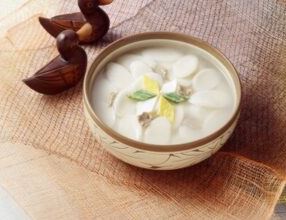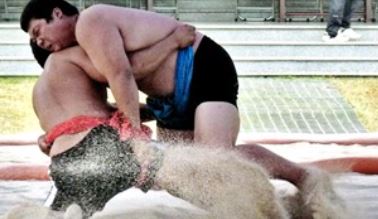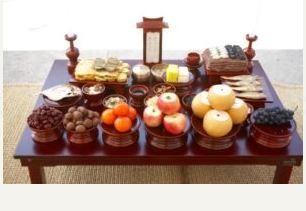Seollal (Lunar New Year's Day)
Seollal (Lunar New Year’s Day) is the first day of the Korean lunar calendar and the most celebrated traditional holiday in Korea.
During this event, people perform ancestral rites, pay respects to their elders, and exchange well-wishing remarks. The ceremony serving as a memorial to ancestors is called Charye and is commonly practiced in a Sadang (traditional shrine) on Seollal. People also enjoy Tteokguk (a Korean traditional soup made with sliced rice cakes), folk games such as Yut Nori (a traditional board game), Neolttwigi (a traditional outdoor game), and perform Sebae (a traditional ceremony to bow to elders). Today, Saebae and well-wishing remarks are central features of Seollal.



